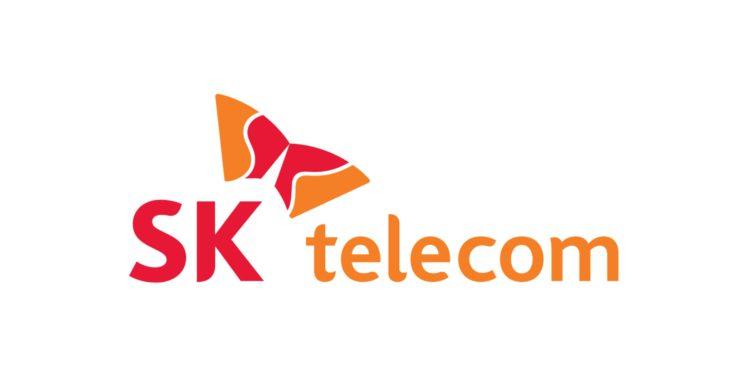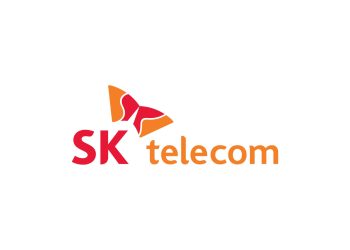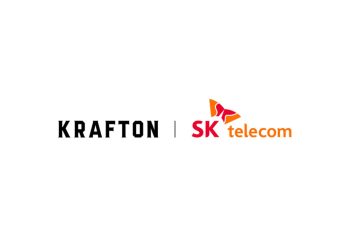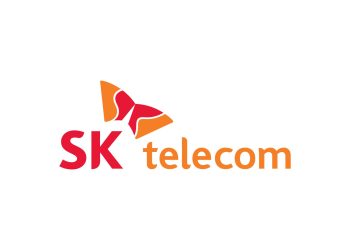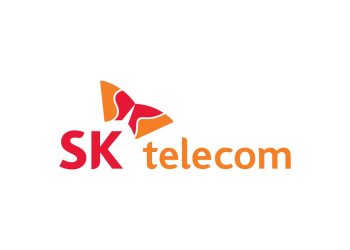SK Telecom, a leading mobile carrier in South Korea, has inked an MOU with the local governments of Sejong, Daejeon, and the Chungcheong region, setting the stage for the testing and operation of urban air mobility (UAM) vehicles in the area.
The collaboration aims to facilitate the development of UAM infrastructure by engaging the telecom company’s expertise and using the region’s administrative support to secure construction permits.
The company’s vision for UAM commercialization in Korea by 2025 has led to the establishment of partnerships with local governments across the Chungcheong region, including Sejong, Daejeon, North Chungcheong, and South Chungcheong.
To promote the UAM initiative, SK Telecom has joined hands with the ‘K-UAM Dream Team’ consortium, featuring collaborators such as Korea Airports Corporation, Hanwha Systems, and T Map Mobility, while formalizing business agreements.
The ‘Dream Team,’ formed by SK Telecom and its partners, will strive to chart extensive urban air transportation routes and develop services facilitating seamless and rapid travel within the Chungcheong region.
Furthermore, a pilot project will leverage urban air traffic for various purposes, encompassing emergency medical services, public initiatives, cargo transport, and tourism.
The plan also focuses on strengthening coexistence and collaboration with businesses in the Chungcheong region, working together to create a UAM ecosystem across the region.
SK Telecom and its partners in the K-UAM Grand Challenge, a UAM commercialization roadmap introduced by the Ministry of Land, Infrastructure and Transport in February 2023, plan to deploy UAM solutions by 2025.
SK Telecom CEO Yoo Young-sang said, “UAM is attracting attention as a wide-area type of mobility that goes beyond relieving traffic congestion in the city and connects adjacent areas.”
He added, “Based on safe UAM services and AI technology, we are developing a wide-area UAM in the central region, the backbone of transportation in Korea. “We will open an era,” he said.
To bring these urban air mobility (UAM) plans to fruition, the Dream Team has established a clear division of responsibilities. SK Telecom will oversee the comprehensive UAM network and services infused with artificial intelligence (AI).
Korea Airports Corporation’s key role involves constructing vertical takeoff and landing pads, also known as vertiports, to facilitate the essential infrastructure for UAM operations.
Furthermore, the corporation will manage air traffic using sophisticated navigation facility infrastructure. In parallel, Hanwha Systems assumes a pivotal position, encompassing urban air traffic aircraft development, operation, manufacturing, and maintenance. Additionally, they will supply management solutions and services essential for the seamless operation of the UAM network.
The company’s vision, unveiled last month, envisions the implementation of ‘AI Transformation (AIX),’ aimed at elevating industrial productivity and efficiency with the power of AI. SKT’s plan extends to the active integration of AI into personalized services that bridge ground transportation with autonomous UAM flights.
SK Telecom recently invested $100 million in Joby Aviation, a prominent global UAM aircraft manufacturer. This move secured SKT the exclusive rights to utilize Joby’s aircraft within the Korean market.
Furthermore, in September, SKT signed a domestic UAM demonstration project and commercialization cooperation agreement with Joby, marking the completion of preparations to introduce Joby’s aircraft to Korean skies in the upcoming year.
More from Korea Tech Today:
- South Korea plans Urban Air Mobility Air Taxi services by 2025
- Telecom Giants SK Telecom and Deutsche Telekom Collaborate on AI Language Model
- Hanwha Systems Expands Urban Air Mobility Footprint through Partnerships with Dutch and British Companies
- SK Telecom Partners with Team Blackbird to Launch User-Friendly Crypto Wallet
- SK Telecom’s Ifland Metaverse Introduces ‘Stone’ Virtual Currency and NFT Integration

